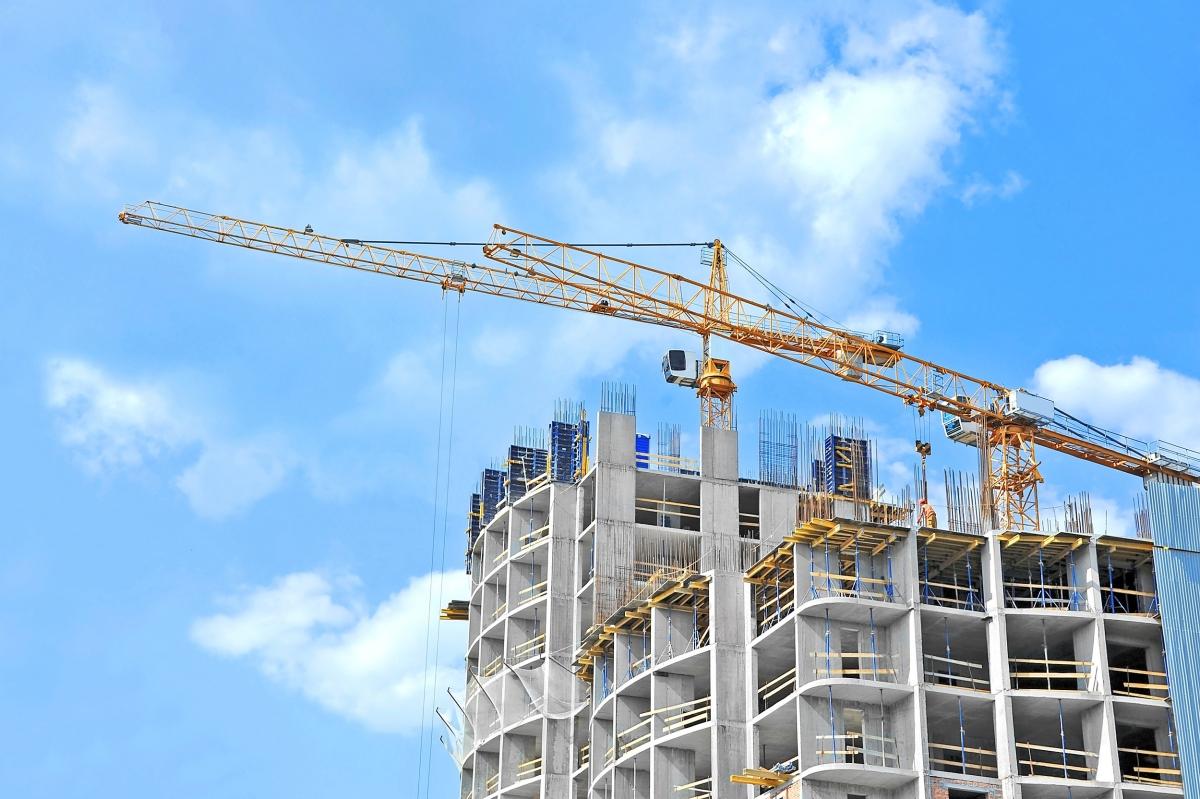We have all heard about 'Buying property off the plan' - where you purchase a property before it's been built, it can be appealing for various reasons, such as securing a lower price or choosing a desirable property in a new development. However, there are several risks and potential pitfalls to be aware of, at Capitl we clearly point out all the pitfalls before you start on the investment path.
Construction Delays: One of the most common issues is delays in construction, which can push back your move-in date and potentially increase costs if you're renting in the meantime or need to make alternative arrangements.
Alternatively, the property could increase in value exponentially, which can lead to the developer invoking a 'sunset clause' which in most cases forms part of the contract.
There have been reports that developers have invoked the sunset clause to cancel existing contracts, with the motive of re-listing and selling the same property for a significantly higher price, leaving the original buyer in a very awkward position.
What is a Sunset Clause: A sunset clause in real estate is a provision included in a property contract that sets a deadline for certain conditions to be met, after which the contract becomes void if those conditions are not fulfilled. Here's how it typically works and what it means for buyers and sellers:
Purpose of a Sunset Clause
Conditional Sales: Sunset clauses are often used in off-the-plan property purchases. They protect buyers if the developer fails to complete the project within a specified time.
Termination Rights: They give buyers the right to terminate the contract and get their deposit back if certain milestones aren't achieved, such as obtaining necessary permits or finishing construction by a set date.
Encouragement for Timely Completion: For developers, sunset clauses provide a clear deadline by which they must complete the project, ensuring that the sale proceeds smoothly if they meet the terms.
How It Works
Timing: The sunset clause will specify a date or period by which certain conditions (e.g., completion of construction, approval of plans) must be met.
Consequences: If the conditions are not met by the deadline, the buyer can typically cancel the contract and recover their deposit. This protects buyers from delays and ensures they're not bound to a contract for an indefinite period.
Key Considerations
Negotiation: Buyers should carefully review and negotiate the terms of the sunset clause to ensure it provides adequate protection and aligns with their expectations for project completion.
Legal Review: It's crucial to have a legal professional review the sunset clause and the entire contract to ensure that the terms are fair and clear.
Contract Terms: Ensure you understand any implications for both parties, including any potential penalties or obligations if the sunset clause is triggered.
Example Scenario
Suppose you're buying an apartment off the plan, and the sunset clause specifies that the developer must complete construction by December 31, 2025. If the developer misses this deadline, you have the right to cancel the contract and get your deposit back. However, if the developer completes the project by the deadline, the contract remains valid, and you proceed with the purchase.
In summary, a sunset clause provides a safeguard for buyers in property transactions, ensuring that they have recourse if a project is not completed within an agreed time.
Changes to the Final Product: The property you buy off the plan might not look exactly as it does in the marketing materials. Developers sometimes make changes to the design or finish, which might not always be to your liking.
Market Fluctuations: The real estate market can change between the time you buy and when the property is completed. This could mean that the property value might not be as high as anticipated, or it could even drop below your purchase price.
Developer Reliability: Not all developers are equally reliable. Some might face financial difficulties or operational issues, which could affect the quality of construction or even result in incomplete projects.
Quality of Construction: Since you're purchasing before seeing the finished product, you're relying on the developer's track record and the quality of their previous work. It's crucial to research their reputation and visit other projects they've completed.
Strata and Management Issues: If you're buying into a new strata development, there might be issues with strata management or the establishment of the owners' corporation. This can lead to unexpected costs or disputes with other owners.
Legal and Financial Risks: It's essential to thoroughly review the contract and understand all terms and conditions, including any clauses related to changes in the building plans, deposit payments, and completion timelines. Legal advice and financial planning are crucial to avoid any unpleasant surprises.
Market and Location Changes: The neighborhood or area around the property might change by the time the property is completed, which could affect the value or desirability of your purchase.
To mitigate these risks, it's important to do your due diligence. Research the developer, understand the contract terms, check for any warranties or guarantees, and, if possible, visit completed projects by the same developer. It's also wise to consult with a legal expert and a financial advisor to ensure you're making a well-informed decision.
At Capitl we ensure that you follow the above path to protect you and your financial future, you don't need any surprises which can jeopardise your hard-earned cash.
Give us a call if you would like to protect your future.










